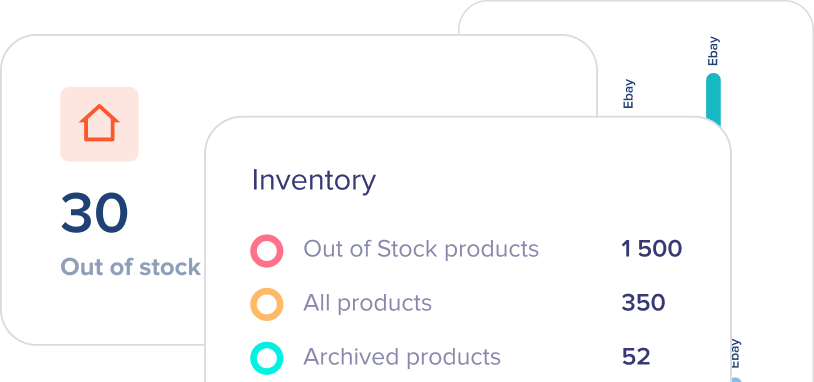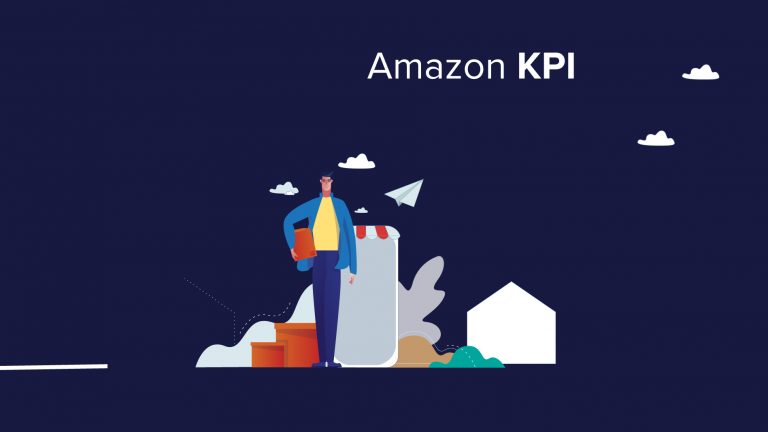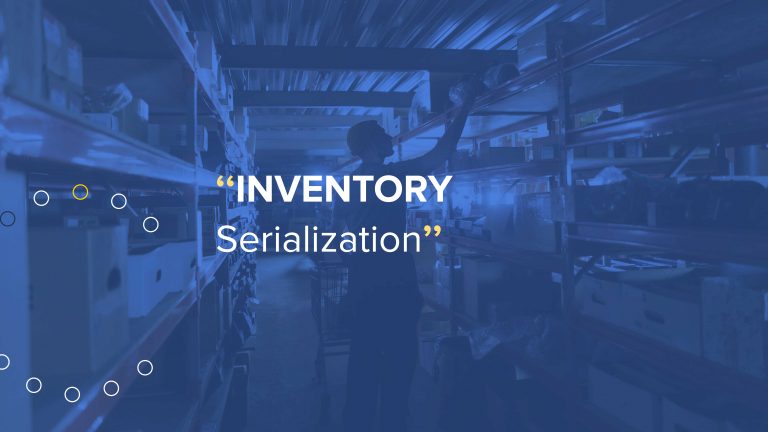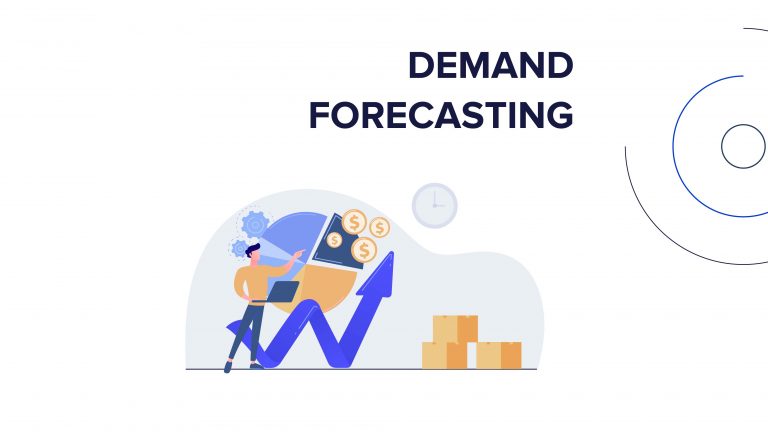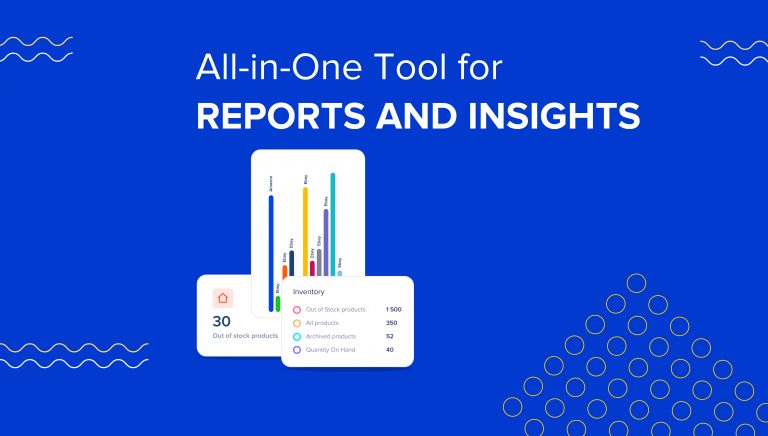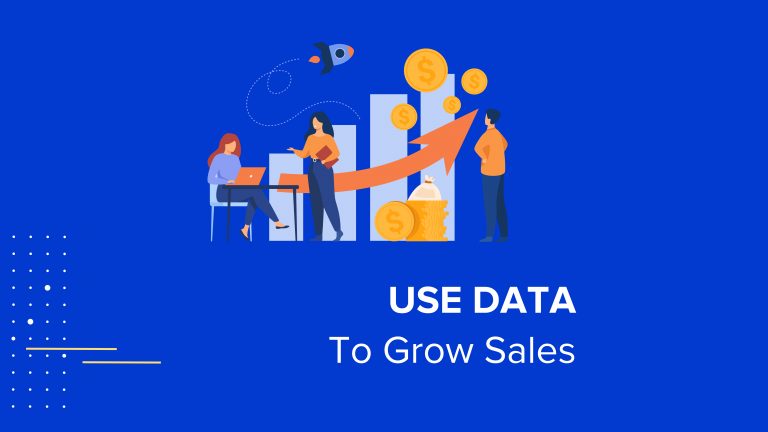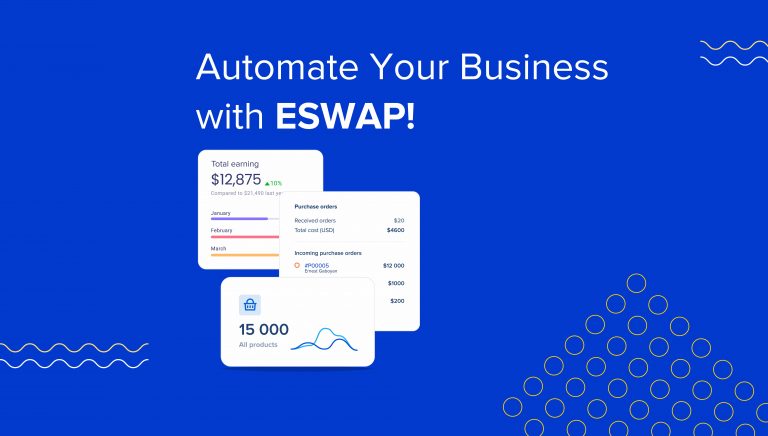Imagine this, you finally perfect your product and it’s ready to ship. You have poured all your time and money into its success. On release day, orders come in well beyond your expectations. But after basking in the success you quickly realize that the orders cannot be filled as quickly as they’re being made. Orders are delivered slowly if at all. Inevitably, your brand takes a huge hit. Your business might be blacklisted from websites and if it doesn’t fail it will certainly take time to recover.
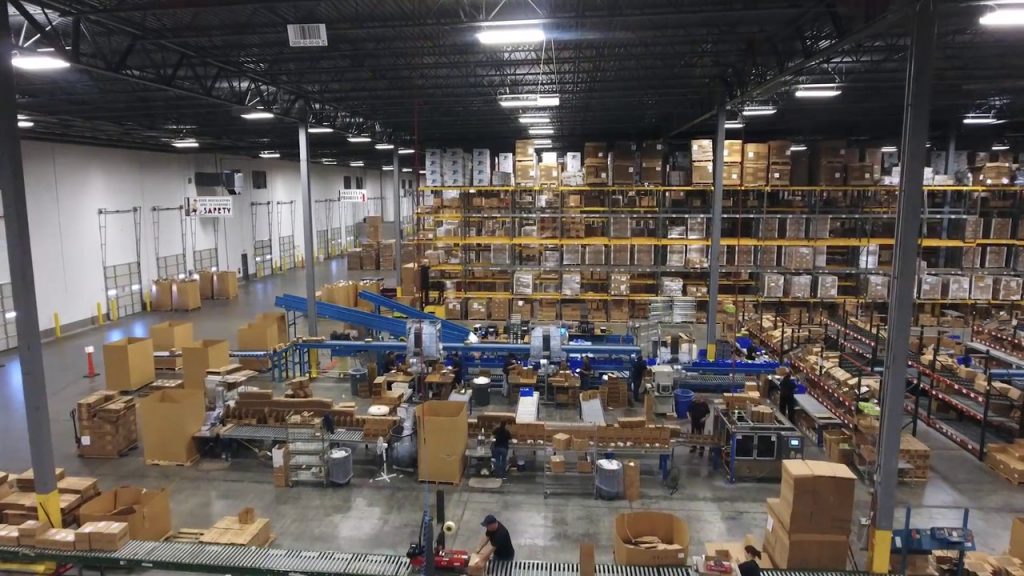
So, where did you go wrong and what could have been done differently?
3PLs are a must-have
Creating a quality product is essential—but small—a portion of business success. Products must be marketed, sold, manufactured, stored and transported. Even the best product will fail without adequate infrastructure around them.
Recently smaller businesses have benefited from the accessibility of the internet. Often selling their goods through E-commerce websites. This additional channel has enabled local businesses to reach customers all around the world. But has also created the need to fulfil transactions hundreds of miles apart. This is especially difficult when competing in an era of two-day, next day and even same-day shipping expectations.
What is 3PLs?
Third-party logistics providers (3PLs) have proven invaluable at alleviating this pressure. A 3PL is any company that handles some amount of transportation, warehousing, distribution, and associated logistics. Larger 3PLs often handle all these tasks while smaller ones may specialize in one or two. Some 3PLs are local while others are international. They also may vary in the level of company integration but they always play an essential role in the supply chain.
A version of 3PLs has existed for hundreds, if not thousands of years. But the modern-day 3PL began in the 1970s with a sudden decline in the cost of trucking. After this beginning, two major factors solidified the importance of 3PLs. The first was globalization in the 1990s which created complex supply chains. The second was the technology boom of the 2000s, which improved logistical capabilities. This first factor created a higher need for logistics and the second added value to specialization.
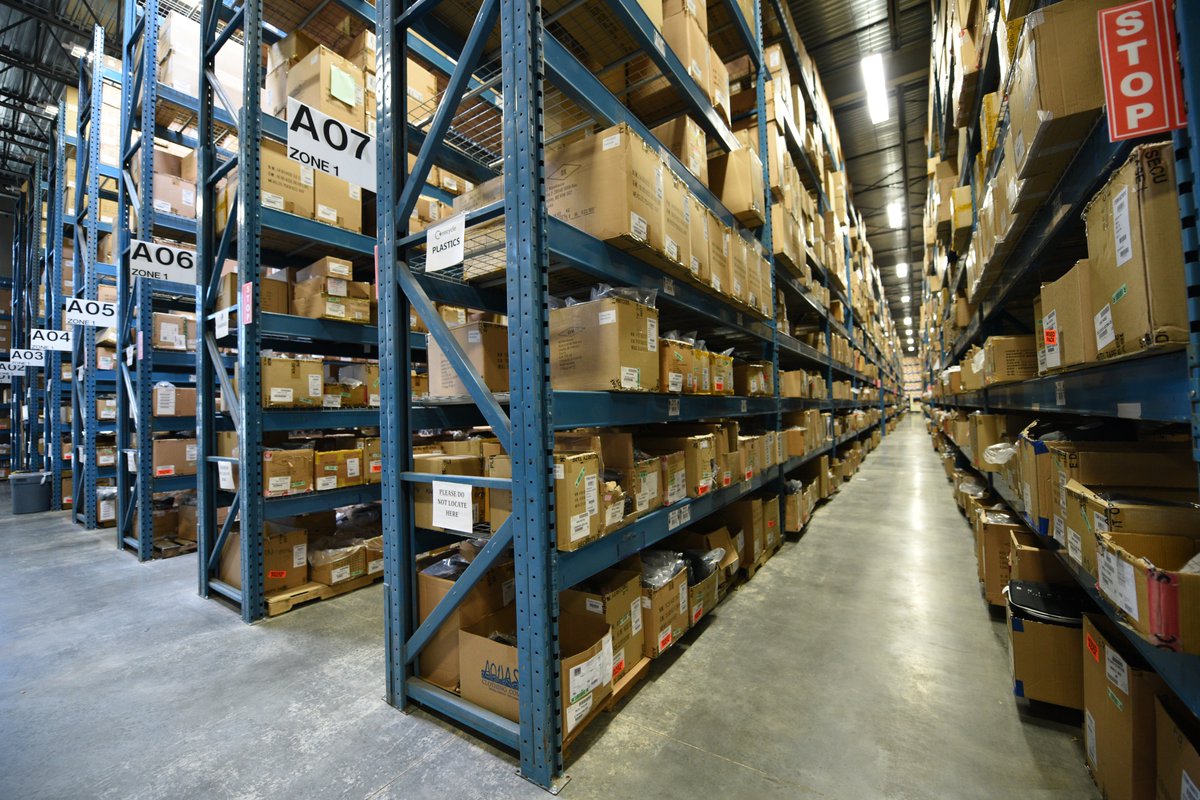
It may seem like a waste of money to hire a 3PL. After all, they are just profiting off of someone else’s product. But 3PLs can provide significant value. A 3PL has logistical capabilities well beyond an average company. Their focus is singular and the result of this is a strong awareness of industry tools and a need to keep up to date on changing practices. Companies that employ 3PLs can be sure the highest level of logistics is being applied. With this trust, companies can spend more of their resources focusing on core competencies.
Benefits of 3PLs
Small businesses may be able to handle logistics in the house but certainly not at the same capabilities as a 3PL. Because of this 3PLs allow the increased speed of fulfilment and shipping. This is especially important in today’s economy, where convenience can make or break sales. According to Invesp, more than 25% of shoppers will abandon their cart if same-day delivery is not available. Likewise, a U.S. consumer survey found that 62% of people will wait at most 2 days for fast shipping. For a small business, 3PLs can provide these logistics, transportation and distribution benefits at the scale of a larger company.
3PLs also provide an important level of scalability to weather any surprises. Since employees take time to accumulate it is likely that in-house labour is relatively static. Because of this and changing sales, without a 3PL, there is likely always dead weight or slow order fulfilment. On the other hand, 3PLs can scale storage and fulfilment costs easily. Since 3PLs are dynamic, they can handle rapid growth and seasonality in sales. This safety is always important but is essential to companies that anticipate substantial growth. In the case of one such fast-growing company, failed fulfilment resulted in a permanent ban from eBay and closure of their Amazon account.
When there are only a few orders a month it may not make sense to employ a 3PL. However, the threshold to use one is surprisingly low. Since the 3PLs scale in cost, they can be inexpensive at low volume. Materialogic recommends hiring a 3PL when it becomes difficult to fulfil orders quickly or if orders are being fulfilled at the expense of other aspects of the business. Shopify recommends initially employing a 3PL when orders are as low as 10-20 a day.
Beyond all of the 3PL’s added value, they also offer competitive pricing to in-house logistics that often result in savings. According to a 2014 survey switching to a 3PL “provided logistic cost reduction of 11%, average inventory cost reduction of 6%, and an average fixed logistics cost reduction of 23%.”
How to choose 3PLs?
Despite all of the positives of 3PLs, it’s important to choose carefully which one to integrate. 3PLs can be hard to separate from because of high initial costs and their intertwining in the supply chain. Also, consider the fact that 3PLs are being trusted with their client’s brand. This is especially true for fulfilment and delivery based 3PLs which handle the final product-to-consumer stage. For online sellers this likely the only physical interaction with a customer. Be discriminating in choosing a 3PL but also remember that they live and die by their services. Most 3PLs are reliable and require minimal oversight.
Many companies decide to use 3PLs. And they’re not just for small companies either. As of 2017, 90% of Fortune 500 companies operate with assistance from at least one 3PL. Even though all Fortune 500 companies can supply their own logistics, transportation, warehousing and distribution they choose to use 3PLs. This is likely because they would rather focus on other aspects of their company than maintain a competitive dedicated department. For many large companies, 3PLs are seamlessly connected. This connection allows 3PLs to have a deeper insight into the supply chain and provide better logistics for their clients.
Today 3PLs are employed by almost every business. Benefitting large and small businesses alike and providing multi-channel businesses with a simplified supply chain. For big businesses, 3PLs allow resources to be focused on core competencies. On the other end, small businesses gain the logistical and distribution capabilities of a larger company. With low costs, unparalleled logistics and high scalability 3PLs have substantial value for almost any company.
pl
